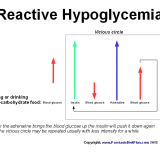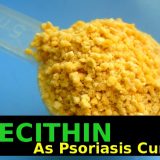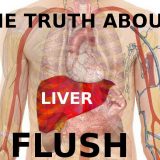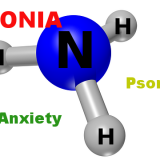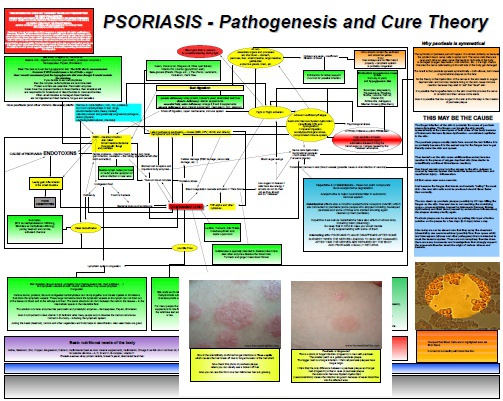Stanozolol (Winstrol) – Alleviates the Rheumatoid Arthritis Symptoms
Stanozolol is a well known anabolic steroid which was found to improve rheumatoid arthritis and even psoriasis in some people.[6] The anabolic steroid stanozolol is highly popular between the athletes and bodybuilders where it is known under the name Winstrol. It is a synthetic C17 alpha-alkylated derivative of dihydrotestosterone (DHT). Despite the fact that it is not a popular drug in medicine the scientific studies show the positive effect of stanozolol when taken is appropriate amounts for rheumatoid arthritis. *I…






